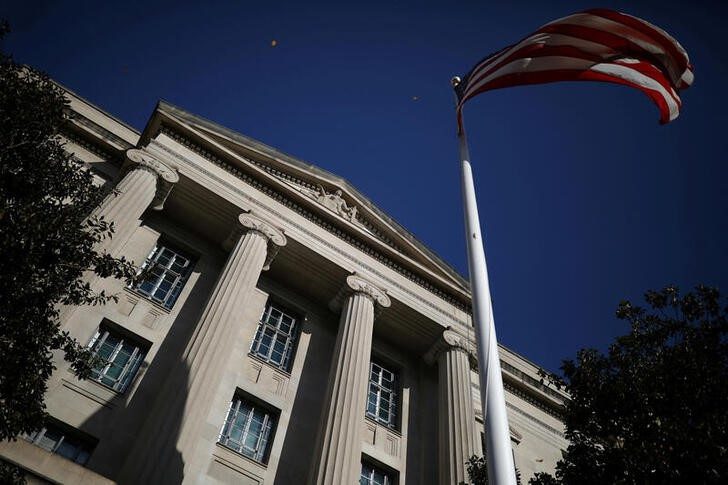HARRISBURG – The United States Attorney’s Office for the Middle District of Pennsylvania announced that Waschko’s Pharmacy, located in Hazelton, Pennsylvania, has agreed to pay the United States $210,000 in civil penalties for allegedly failing to comply with recordkeeping requirements of the Controlled Substances Act.
The Controlled Substances Act, 21 U.S.C. sections 801 et seq. (CSA), was passed to combat illegal distribution and abuse of controlled substances, including prescription medications. The CSA’s recordkeeping and prescribing requirements are designed to prevent the diversion of controlled substances for illegal purposes. The CSA is enforced by the Drug Enforcement Administration’s Diversion Control Division, whose mission is to prevent, detect, and investigate the diversion of controlled pharmaceuticals and listed chemicals from legitimate sources while ensuring adequate and uninterrupted supply for legitimate medical, commercial, and scientific needs. Under the CSA, entities registered with the DEA who purchase, distribute, dispense, transfer, or sell controlled substances must comply with inventory and documentation requirements, and are subject to compliance audits.
Regulations promulgated under the CSA require that each DEA registrant, including pharmacies, both maintain complete and accurate records of each substance manufactured, received, sold, delivered, dispensed, or otherwise disposed of by the registrant and promptly report any thefts or significant losses. These requirements play a vital role in ensuring the appropriate handling, accounting, and distribution of controlled substances. Violations of the record-keeping requirements subject DEA registrants to civil monetary penalties.
The present civil investigation stemmed from a report alleging actual diversion. A DEA inspection revealed that, between August 2019 and August 2021, Waschko’s Pharmacy failed to keep complete, timely, and accurate inventories and records regarding the receipt and dispensing of Schedule II, III, and IV controlled substances, including but not limited to oxycodone, amphetamine salts, buprenorphine/naloxone, and alprazolam. As a result of Waschko’s Pharmacy’s alleged actions and inactions, thousands of doses of controlled substances went unaccounted for. Waschko’s Pharmacy cooperated with the investigators and has since been placed under new ownership and hired a new pharmacist-in-charge. This settlement addresses the independent obligation of Waschko’s Pharmacy to ensure it has systems in place adequate to prevent improper dispensing, as required by 21 U.S.C. §§ 827, 842, and associated regulations.
“The requirements to keep complete and accurate records at the pharmacy level are not merely a bookkeeping practice; rather, they are crucial measures intended and designed to keep our communities safe from the diversion and potential abuse of prescription drugs,” said U.S. Attorney Karam. “Our office is committed to working collaboratively with our agency counterparts to ensure pharmacies in this district are doing their part to address the national opioid crisis, and I commend the owners of Waschko’s Pharmacy for realizing the seriousness of these requirements, recognizing gaps in their practices, and putting measures in place to protect their legitimate dispensing from diversion in the future.” “Pharmacies are entrusted with the proper dispensing and safeguarding of powerful prescription drugs such as oxycodone, buprenorphine, and naloxone. With that responsibility comes the expectation that pharmacies can properly account for these same drugs,” said Thomas Hodnett, Special Agent in Charge of the Drug Enforcement Administration’s (DEA) Philadelphia Field Division. “Civil settlements like this one are a tool for insuring compliance with the requirements of the Controlled Substances Act and to prevent the loss of these drugs.”
This Settlement Agreement is neither an admission of liability by the pharmacy nor a concession by the United States that its claims are not well founded.
This case was investigated by Drug Enforcement Administration’s Diversion Control Division. The investigation was handled by Assistant United States Attorney Harlan W. Glasser and the Affirmative Civil Enforcement (ACE) Unit within the U.S. Attorney’s Office.
# # #
